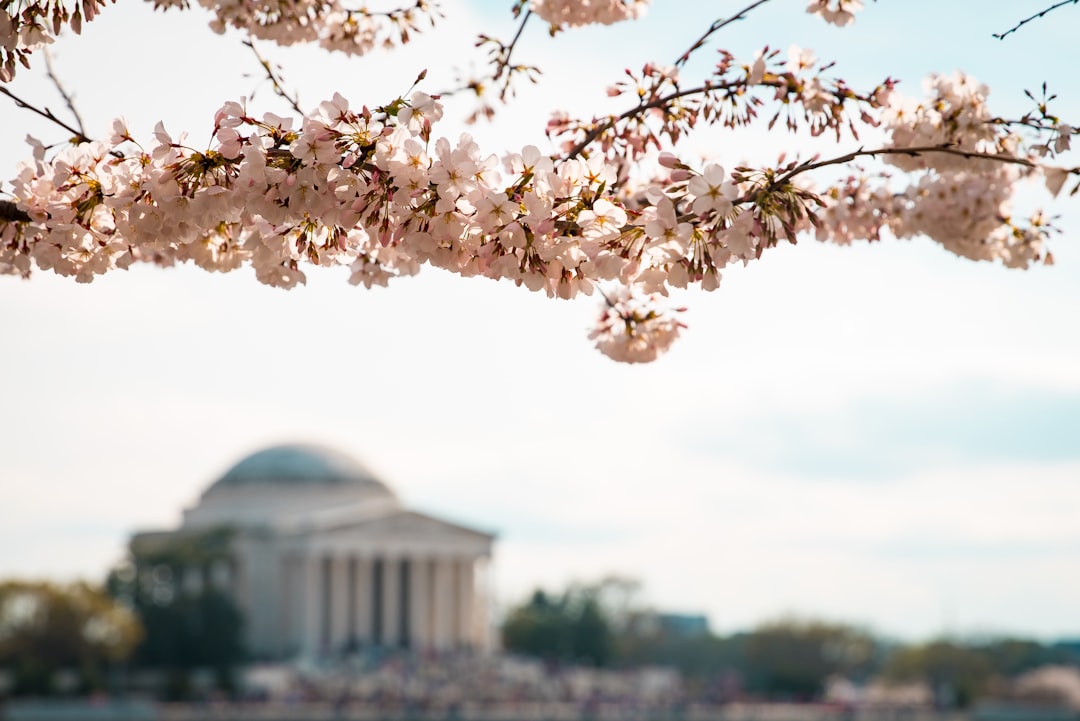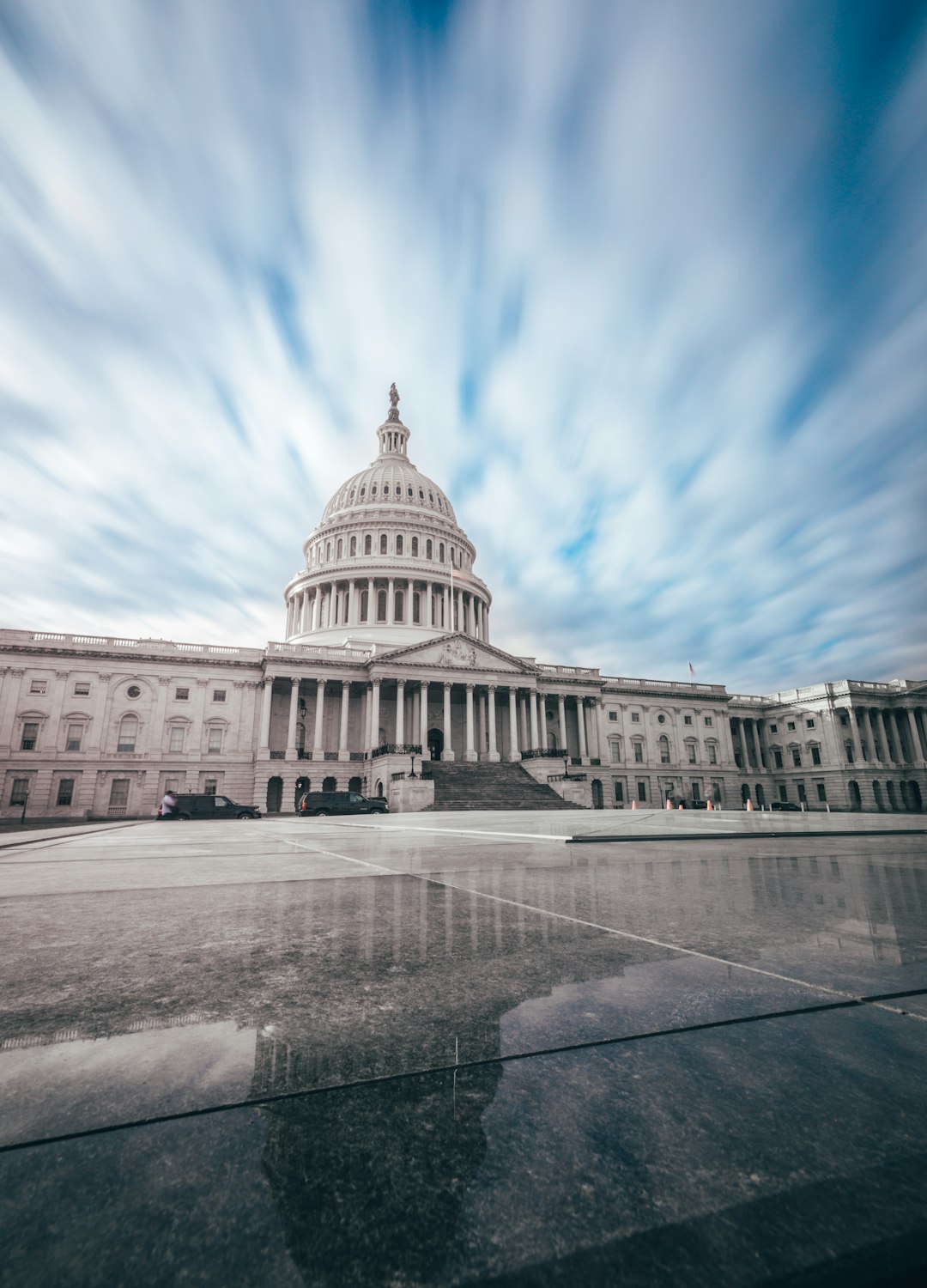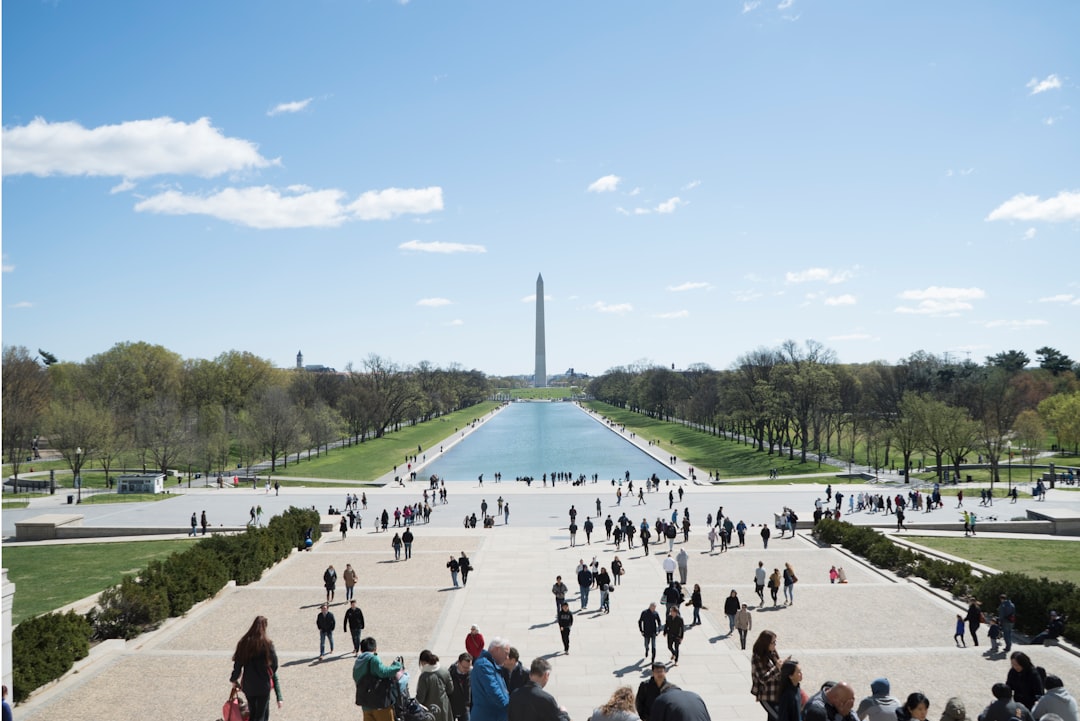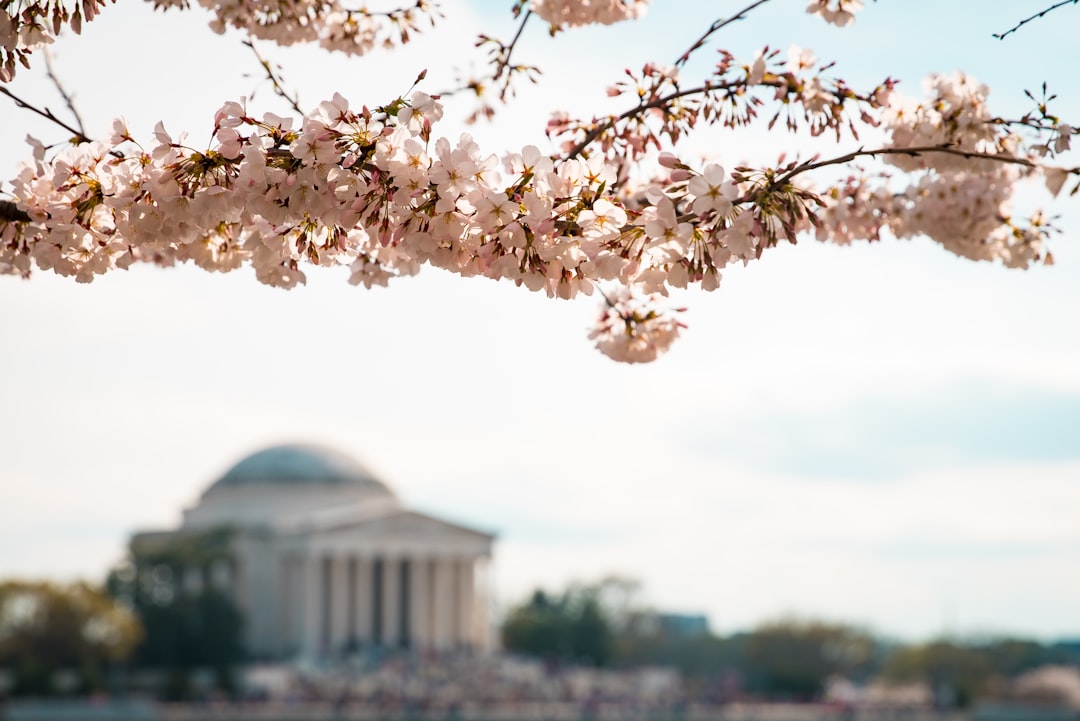Robocalls are a growing problem in small towns along Washington's I-5 corridors, disrupting peace and potentially spreading misleading information. Do Not Call Attorneys in Washington offer legal assistance to protect residents from excessive automated calls, educating them on measures like 'Do Not Call' lists, blocking apps, and reporting suspicious activity. These strategies empower individuals to defend their personal space against intrusive telemarketing.
“Alger, nestled along the scenic I-5 corridors, faces a modern nuisance: robocalls. These automated phone scams have become a growing concern for small towns across America, leaving residents frustrated and vulnerable. In this article, we explore the impact of robocalls on Alger’s community and uncover how the I-5 corridor plays a role in facilitating these fraudulent activities. Furthermore, we provide practical legal protections and strategies, offering valuable insights from a Do Not Call Attorney Washington, to empower Alger residents in combating unwanted calls and reclaiming their peace of mind.”
Understanding Robocalls and Their Impact in Small Towns
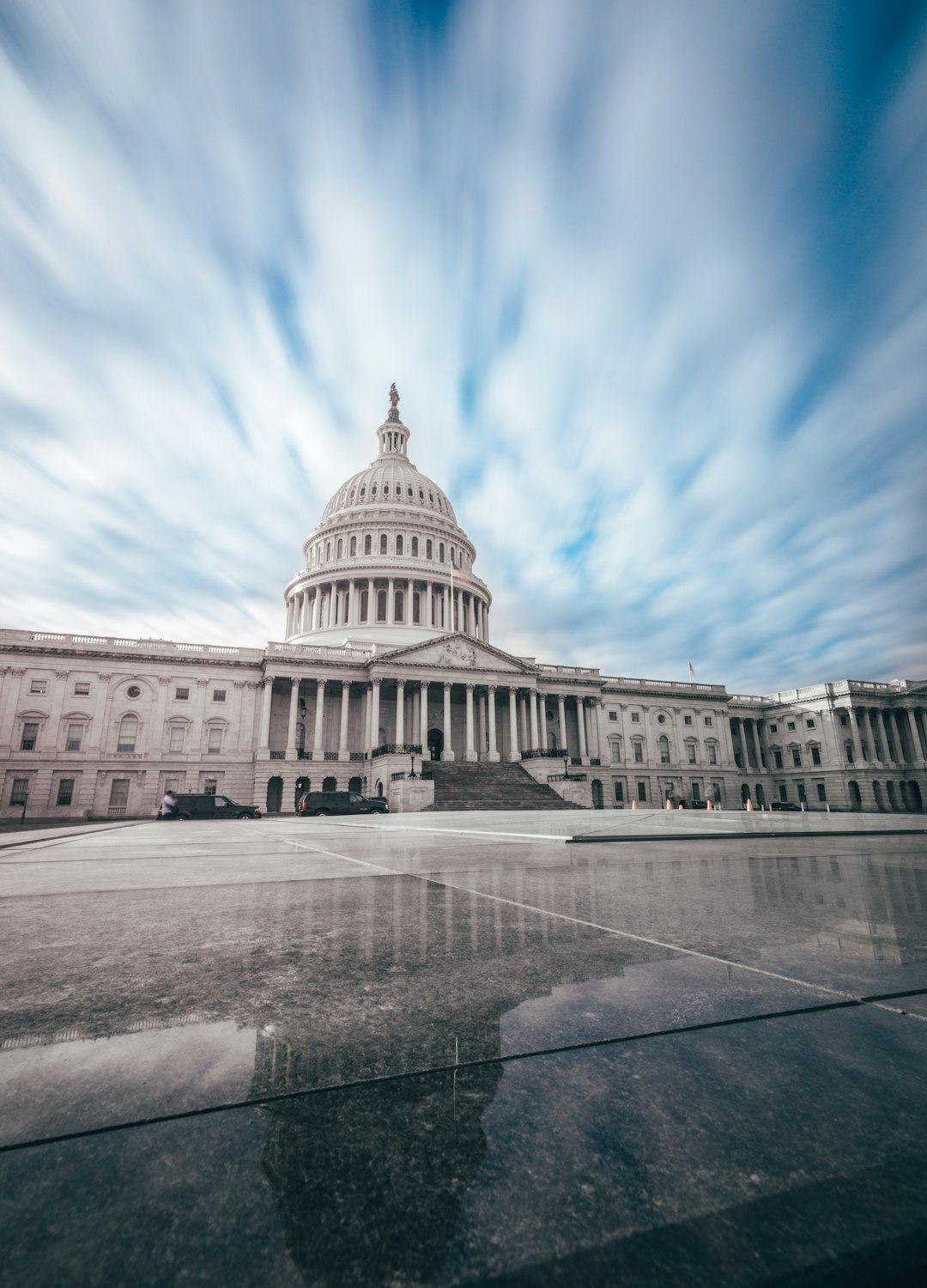
Robocalls have become a ubiquitous and often annoying aspect of modern communication, particularly in small towns across America. These automated phone calls, typically used for marketing or political purposes, can inundate residents’ phones, leaving many frustrated and seeking solutions. In the context of I-5 corridors in Washington state, small towns may face unique challenges due to their close-knit communities, where word-of-mouth and local networks thrive. While robocalls might seem like a minor nuisance for some, they can have significant impacts on town folk’s quality of life, from disrupting personal peace to potentially misleading residents with deceptive messages.
Small towns often rely on a sense of community and trust among neighbors, and unwanted robocalls can disrupt this fabric. Many residents may not recognize the source of these calls, leading to confusion and concern. This is where a Do Not Call Attorney in Washington state can play a vital role, offering guidance and legal assistance to protect small-town residents from excessive or misleading automated phone calls. By understanding the root causes of robocall distress, local communities can empower themselves to navigate these modern communication challenges effectively.
The Role of I-5 Corridors in Phone Scams

The I-5 corridors, spanning through Washington and beyond, have become a significant route for phone scams, particularly robocalls. These automated calls, often originating from unknown numbers, target unsuspecting residents with pre-recorded messages promoting false offers or demanding immediate action. The prevalence of these scams is partly attributed to the ease of anonymous call forwarding and online calling services, allowing scam artists to operate with relative impunity.
In response, organizations like the Do Not Call Attorney Washington have emerged to empower citizens. They provide resources and legal avenues to combat these nuisance calls. By educating the public on robocall prevention techniques, such as registering for national ‘Do Not Call’ lists, blocking unknown numbers, and using call-blocking apps, residents can take proactive steps to reduce their exposure to these fraudulent activities.
Legal Protections and Strategies for Residents: How to Stop Unwanted Calls from Do Not Call Attorney Washington

In the battle against robocalls, residents of Alger can find solace in the legal protections offered by the Do Not Call Attorney Washington. These attorneys specialize in enforcing the National Do-Not-Call Registry, a powerful tool that blocks unwanted calls from telemarketers. By registering their phone numbers with this registry, individuals can significantly reduce the volume of robocalls they receive.
To enhance these protections, residents should consider implementing strategic measures. This includes updating privacy settings on smartphones and using apps designed to filter out automated calls. Additionally, reporting suspicious or persistent robocalls to local authorities or relevant regulatory bodies empowers residents and contributes to a more robust system for preventing unwanted intrusions into their personal space.

